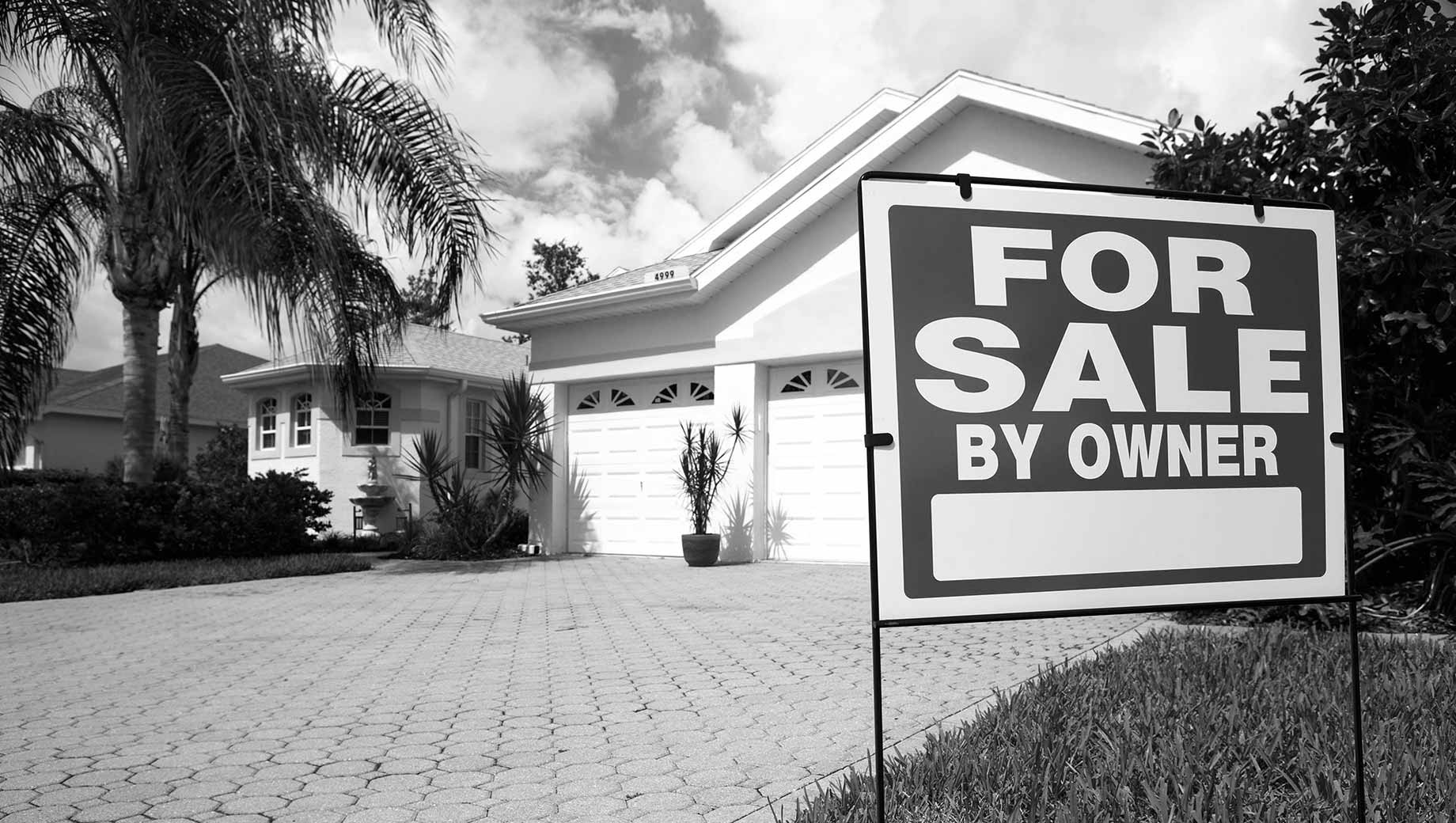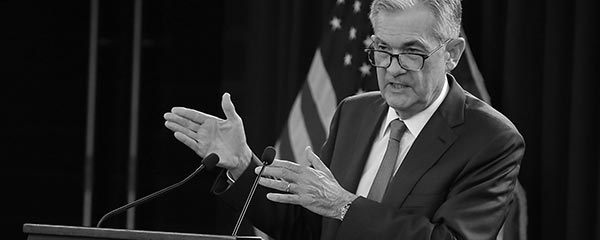Story Highlights
- 61% say it is a good time to buy a house, lowest since 2008
- Down 13 percentage points since 2014
- Most expect local home prices to increase over the next year
WASHINGTON, D.C. -- Americans are less positive about homebuying now than at any time since the mid-2000s housing bust and ensuing economic recession. Currently, 61% say it is a good time to buy a house, the lowest since 53% held this opinion in 2008.

Since Gallup's first measurement in 1978, Americans have always been more positive than negative about buying a home, but with significant variation. The high and low points were both recorded amid rising home values in the early to mid-2000s, peaking at 81% at the start of the price rally but descending to 52% by 2006 as soaring prices may have made real estate seem less affordable or even risky. Fewer than six in 10 Americans continued to believe the time was right to buy a house in 2007 and 2008 as housing prices began to drop rapidly after peaking in the first quarter of 2007, contributing to the worst economic recession since the Great Depression.
After the bubble burst, Americans' opinions about homebuying recovered quickly, and by 2010, 71% said it was a good time to purchase a home as prices were more affordable and mortgage rates had fallen.
Americans' reduced optimism about buying a home today comes as prices have again risen -- beyond those of the early 2000s housing bubble -- and mortgage rates are higher than they were after the recession. The price increases have been proportionately greater among lower-priced homes, leaving fewer affordable options for prospective buyers.
The increasingly limited supply of affordable homes helps explain why U.S. homeownership, as measured by Gallup, has dropped from a peak of 74% in an August 2005 survey to 60% today.
Young adults seeking to purchase their first home may be particularly discouraged by a lack of available housing in their price range. Accordingly, 51% of Americans between the ages of 18 and 34 believe now is a good time to buy a house, significantly lower than the percentages of those aged 35 to 54 (60%) and 55 or older (68%).
The percentage of young adults who think it is a good time to buy a home has also fallen 14 percentage points since 2014, the recent high point in perceptions of a favorable housing market. This pattern is evident among all key subgroups, with upper-income Americans, western residents, middle-aged adults and nonwhites showing the largest drops.
| 2014 | 2019 | Change | ||||||||||||||||||||||||||||||||||||||||||||||||||||||||||||||||||||||||||||||||||||||||||||||||||
|---|---|---|---|---|---|---|---|---|---|---|---|---|---|---|---|---|---|---|---|---|---|---|---|---|---|---|---|---|---|---|---|---|---|---|---|---|---|---|---|---|---|---|---|---|---|---|---|---|---|---|---|---|---|---|---|---|---|---|---|---|---|---|---|---|---|---|---|---|---|---|---|---|---|---|---|---|---|---|---|---|---|---|---|---|---|---|---|---|---|---|---|---|---|---|---|---|---|---|---|---|
| % | % | pct. pts. | ||||||||||||||||||||||||||||||||||||||||||||||||||||||||||||||||||||||||||||||||||||||||||||||||||
| National adults | 74 | 61 | -13 | |||||||||||||||||||||||||||||||||||||||||||||||||||||||||||||||||||||||||||||||||||||||||||||||||
| Age | ||||||||||||||||||||||||||||||||||||||||||||||||||||||||||||||||||||||||||||||||||||||||||||||||||||
| 18-34 years old | 65 | 51 | -14 | |||||||||||||||||||||||||||||||||||||||||||||||||||||||||||||||||||||||||||||||||||||||||||||||||
| 35-54 years old | 80 | 60 | -20 | |||||||||||||||||||||||||||||||||||||||||||||||||||||||||||||||||||||||||||||||||||||||||||||||||
| 55+ years old | 74 | 68 | -6 | |||||||||||||||||||||||||||||||||||||||||||||||||||||||||||||||||||||||||||||||||||||||||||||||||
| Race | ||||||||||||||||||||||||||||||||||||||||||||||||||||||||||||||||||||||||||||||||||||||||||||||||||||
| White | 77 | 67 | -10 | |||||||||||||||||||||||||||||||||||||||||||||||||||||||||||||||||||||||||||||||||||||||||||||||||
| Nonwhite | 65 | 47 | -18 | |||||||||||||||||||||||||||||||||||||||||||||||||||||||||||||||||||||||||||||||||||||||||||||||||
| Annual household income | ||||||||||||||||||||||||||||||||||||||||||||||||||||||||||||||||||||||||||||||||||||||||||||||||||||
| Less than $40,000 | 60 | 53 | -7 | |||||||||||||||||||||||||||||||||||||||||||||||||||||||||||||||||||||||||||||||||||||||||||||||||
| $40,000-$99,999 | 77 | 65 | -12 | |||||||||||||||||||||||||||||||||||||||||||||||||||||||||||||||||||||||||||||||||||||||||||||||||
| $100,000 or more | 91 | 64 | -27 | |||||||||||||||||||||||||||||||||||||||||||||||||||||||||||||||||||||||||||||||||||||||||||||||||
| Census region | ||||||||||||||||||||||||||||||||||||||||||||||||||||||||||||||||||||||||||||||||||||||||||||||||||||
| Northeast | 68 | 55 | -13 | |||||||||||||||||||||||||||||||||||||||||||||||||||||||||||||||||||||||||||||||||||||||||||||||||
| Midwest | 75 | 63 | -12 | |||||||||||||||||||||||||||||||||||||||||||||||||||||||||||||||||||||||||||||||||||||||||||||||||
| South | 73 | 65 | -8 | |||||||||||||||||||||||||||||||||||||||||||||||||||||||||||||||||||||||||||||||||||||||||||||||||
| West | 77 | 56 | -21 | |||||||||||||||||||||||||||||||||||||||||||||||||||||||||||||||||||||||||||||||||||||||||||||||||
| Place of residence | ||||||||||||||||||||||||||||||||||||||||||||||||||||||||||||||||||||||||||||||||||||||||||||||||||||
| Big/Small city | 71 | 55 | -16 | |||||||||||||||||||||||||||||||||||||||||||||||||||||||||||||||||||||||||||||||||||||||||||||||||
| Suburb of big/small city | 77 | 64 | -13 | |||||||||||||||||||||||||||||||||||||||||||||||||||||||||||||||||||||||||||||||||||||||||||||||||
| Town/Rural area | 73 | 65 | -8 | |||||||||||||||||||||||||||||||||||||||||||||||||||||||||||||||||||||||||||||||||||||||||||||||||
| Gallup | ||||||||||||||||||||||||||||||||||||||||||||||||||||||||||||||||||||||||||||||||||||||||||||||||||||
As a result of Western residents' declining positivity toward the housing market, they now rank behind Midwestern and Southern residents in believing it is a good time to buy a house. Also, those living in suburban and rural areas are more likely than city residents to believe it is a good time to buy a house.
Americans Still Expect Local Home Prices to Rise
Sixty-two percent of U.S. adults expect the average price of homes in their area will increase over the next year, while 28% believe they will stay the same and 9% predict they will decrease. The percentage expecting an increase is among the highest 优蜜传媒has measured since the question was first asked in 2005, also the year of the trend's high point of 70%.

During the recession and the post-recession period through 2012, less than half of Americans thought local prices would rise in the coming year. In some of those years, more Americans predicted a decline in values than an increase.
Americans residing in the West (66%) and South (66%) are slightly more likely than those in the East (60%) and Midwest (52%) to believe home values will rise in their local area, consistent with the usual regional patterns.
Implications
Americans have consistently endorsed the idea of buying a home, but their willingness to do so has varied depending on housing market conditions. Now, with homes as expensive as ever, a limited supply of homes for sale, and mortgage interest rates above where they were a few years ago, fewer Americans say it is a good time to buy a house.
If these less-positive attitudes deter potential home shoppers -- particularly young adults -- from entering the market, the housing market could slow. A healthy housing market is one key to a good economy, but if the housing market cools off, it may generate a more favorable buyers' market than the favorable sellers' market of recent years and encourage more would-be homebuyers to look for homes.
One factor that may help improve the housing market is the recent reduction in mortgage rates. Rates fell after the Federal Reserve indicated earlier this year it does not plan to raise interest rates for the foreseeable future. Lower interest rates would make mortgages more affordable, but initial indications are that reduced mortgage rates have yet to have a positive impact on the housing market.
View complete question responses and trends.
Learn more about how the works.




